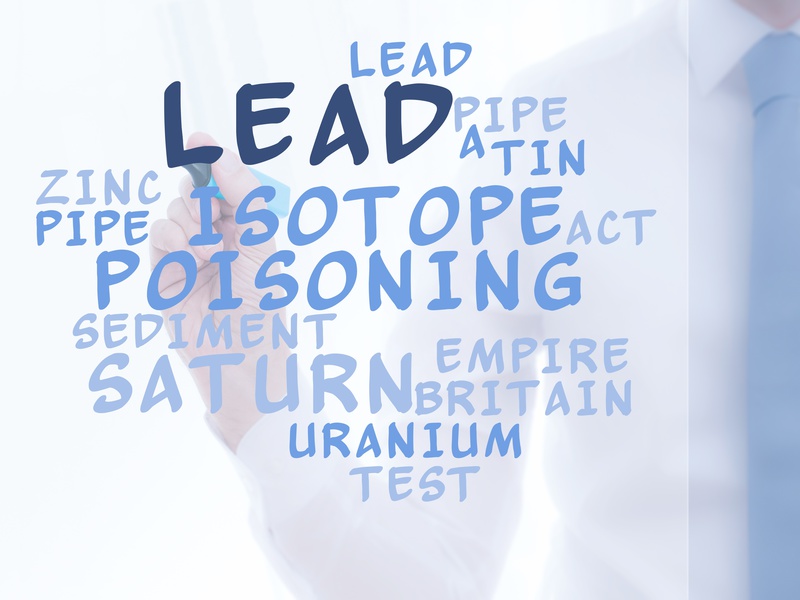With the recent controversy surrounding the water contamination of Flint, Michigan’s water supply being seen on media outlets all over the country, the issue of lead has once again become a topic of discussion.
For people to truly have an opinion on the subject matter and offer their input, it is important to understand what lead is and how it can affect us. Considering that three-quarters of U.S. homes possess lead paint of some kind, many people have questions. Here are a few basic questions commonly asked about lead including the answers to better give you an understanding of lead and how to protect you and your family.
What is lead?
Lead is a natural element that is found within the earth’s crust. Even though it can be toxic if consumed by humans and other animals causing life-long health issues, it also has some positive uses as well.
Where is lead found?
Lead can be found just about anywhere, from the air to the soil to the water we consume, even inside our homes. The majority of exposure common in humans stems from fossil fuels like leaded gasoline, some types og industrial facilities, and formerly used lead-based paint in houses.
Who is at risk most for lead poisoning?
Children age six and younger have the highest risk of being exposed to lead and having lead poisoning. This is because they are at an age when they are developing at a rapid rate and also have a tendency to put their hands in their mouths after touching multiple surfaces that may be potentially contaminated with lead dust. In the U.S., an alarming one in six children age six and younger have toxic levels of lead already in their system.
Kids are not the only ones at risk. Adults, including pregnant women, are also at risk of exposure. Adults can be exposed to lead by eating and drinking food or water containing lead. This can be anything from the dishes to glassware used during a meal.
What are the effects of lead on the body?
In children, behavior and learning problems, slowed growth, lower IQ, hyperactivity, and anemia have all been reported as common results of lead poisoning.
In adults, increased blood pressure, hypertension, reduced kidney function, and reproductive problems have all been reported as a result of lead exposure.
Pregnant women may experience a decrease in the growth of their child and even premature birth as a result of lead poisoning or exposure.
Now that you are aware of the basics of lead and its effects on humans, you can now take the necessary actions to ensure the safety of your household. This is especially true for anyone planning on renovating or remodeling a home. Lead is commonly found in the demolition process and must be addressed quickly by an EPA lead certified professional with lead rrp certification. A certified lead renovator can assess the home and perform necessary procedures to rid the home of lead. Lead RRP certification must be valid as it must be renewed after a certain number of years and lead certification renewal must take place in order to work. Protect yourself and your family and hire a qualified worker with lead RRP certification , training in lead-based paint abatement, or lead renovator certification to ensure a safe and healthy home.


